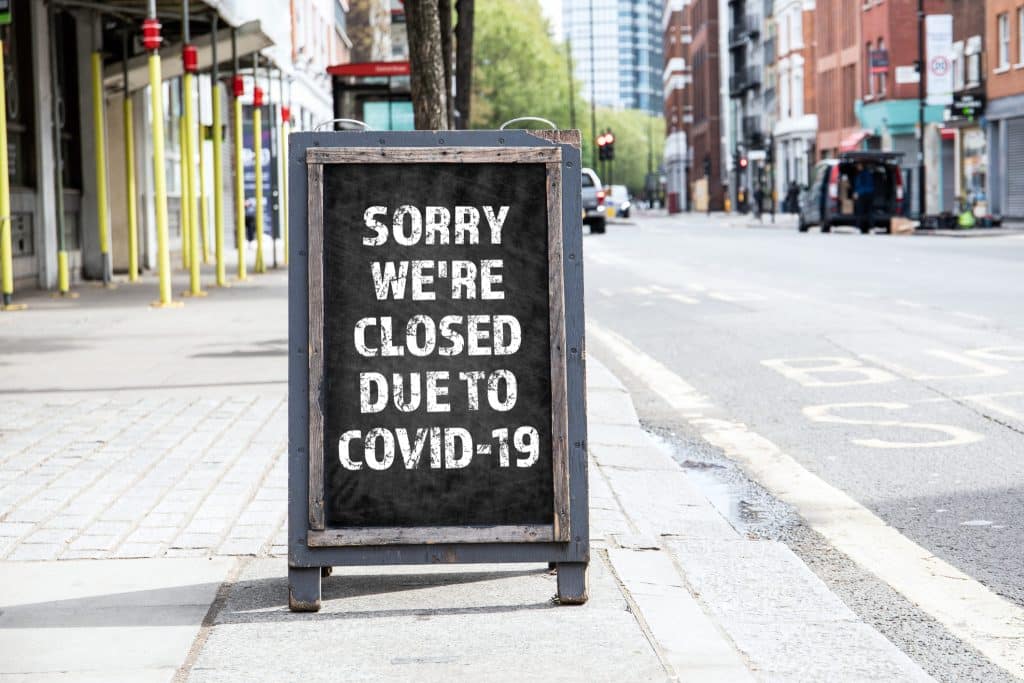The steady stream of state and federal safety guidelines to halt the spread of coronavirus is leading to the renegotiation of the employee-employer relationship.
Essential Vs. Nonessential Employees
Workers deemed “essential”—such as first responders, delivery drivers, and grocery store checkers—have suddenly become, well, essential, giving them leverage over their bosses. Many nonessential employees, meanwhile, find themselves at the mercy of companies trimming operations to stay afloat. In all cases, companies are coming under increasing scrutiny in their handling of the crisis.
Tradeoffs That Workers Are Facing During COVID-19
The Seattle Times looked at some of the tradeoffs and conundrums workers are facing.
Some workers have been told, “if you do not come in, we will fire you and do whatever we can to make sure you don’t get unemployment,” Dan Kalish, an employment-law attorney and partner at the Seattle firm HKM, told the Times.
While those companies are in the minority, Kalish said, workers “are very nervous.”
Worker Accommodations During COVID-19
Kalish says it’s a good idea to accommodate employee concerns relating to COVID-19.
FedEx has given employees at some logistics centers in the Seattle area $2.00 per hour raises through May to lure them into the office. But the pay hike may not be worth it if safety guidelines are ignored.
Some grocery stores have installed plexiglass shields to protect checkers, in addition to offering plastic gloves and hand sanitizer to customers entering the stores. Amazon has promised to test employees for fever, the Times notes, while Costco, which initially prevented corporate staff from working remotely, backtracked after the staff pushed back.
“Even workers who were bitter at management now admit the retailer seems to have learned from its mistakes,” the Times article said.
“I would really encourage companies to go beyond the legal requirements,” Kalish told the Times. “For crying out loud, if someone does have a relative who’s immunocompromised and it’s fine for the person to work from home, then even if the company’s not legally…required to offer it, they should freaking offer it.”
When To Hire An L&I Attorney
If your employer hasn’t taken the necessary steps to accommodate your situation or ensure your safety, call Emery Reddy. You won’t get better advice.





